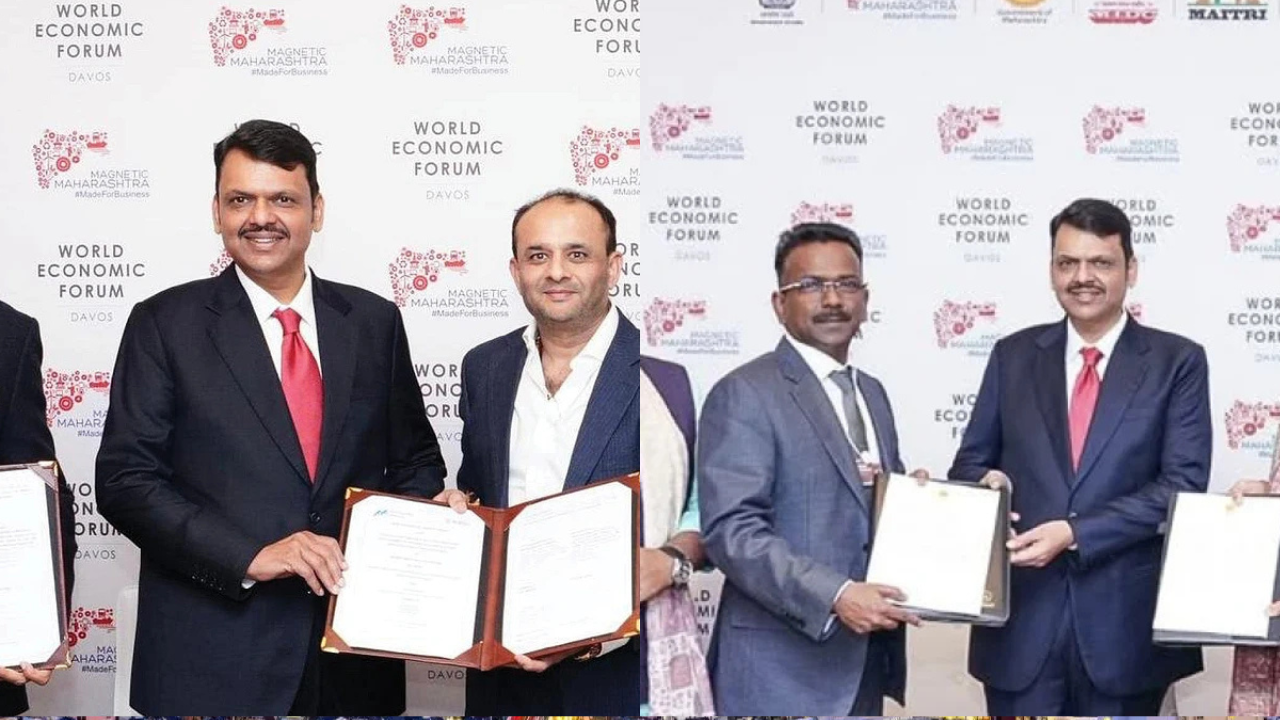Surprising comments from Infosys co-founder N.R. Narayana Murthy had the Indian youth chanting: “This is my country. I want to work 70 hours a week”, to keep the country competitive, and the support he received from some members of the India Company. This is certainly an example of how industry leaders can cleverly mask their thirst for profits by preaching ethics. . More importantly, it is an argument that fails the three-point litmus test.
First, Mr. Narayana Murthy made an inaccurate statement about the fact that longer working hours helped developed countries like Germany and Japan achieve success. Second, it placed the onus on workers to increase productivity, when in fact they had not invested enough in the creativity needed to increase productivity. Third, Mr. Narayana Murthy’s proposal to work a 70-hour work week violates international labor standards, the ILO’s Decent Work Agenda and the organization’s basic agreements regulating working hours to ensure that women and men have access to decent and appropriate employment opportunities. Productive job opportunities.
NIT has increasingly become a prerequisite for market access in developed countries and for companies’ participation in supply chains. Therefore, non-compliance with ILS standards could seriously impact the Indian industry’s desire to increase its presence in the global market.
Advanced global business hours
Contrary to Narayana Murthy’s argument, developed countries have seen a steady decline in working hours per worker over the past 150 years. In Germany, weekly working hours decreased by about 59%, from 68 hours in 1870 to less than 28 hours in 2017. The work week in Japan was 44 hours in 1961, the highest since 1950, and gradually fell to less than 35 hours in 2017 (https://bit.ly/3MyRPsJ; https://bit.ly/3u4HkH6). Working hours tend to decrease as income increases and people are able to afford more of the things they enjoy, including more leisure activities.
In this context, the International Labor Organization (“Working hours and work-life balance around the world”) reminds us that “working hours as well as the organization of work and rest times can have a profound impact on physical and mental health and well-being.” being. workers” and “decisions regarding working hours can also have an impact on the overall state of the economy” (https://bit.ly/46ZnpYO). In a country like India, whose young and large workforce is the most important source of future development, Mr. Narayana Murthy’s suggestion of a 70-hour workweek is nothing more than a recipe for premature burnout.
The Indian company executives who raised this controversy must also be reminded that the level of productivity in any country depends on the strength of its innovation system. India’s reality in this regard has been showcased in the India Innovation Index 2021, released by NITI Aayog. This report shows that in 2018, India’s gross research and development (GERD) expenditure as a share of GDP was 0.65%, one of the lowest in the world (https://bit.ly/47hBm43). This number also fell to 0.64% in 2020-2021 (https://bit.ly/40rbi4f), according to the Department of Science and Technology (DST).
The importance of having nothing
Ironically, a division of India Inc. He advocated a 70-hour working week, even though he knew that its implementation would contravene ILO Convention No. 1, the Hours of Work (Industry) Convention, 1919, which values average work. An eight-hour day (https://bit.ly/47qtX2x). Along with the ILO’s Decent Work Agenda, which refers to “decent working hours,” ILS is increasingly being integrated into global trade rules. Developed countries are determined to include ILS in bilateral free trade agreements (FTAs). Hence, the FTAs that India is currently negotiating with the EU and the UK all include ILS.
Supply chain organization
Finally, EU member states have implemented supply chain regulations, known as supply chain due diligence, which require companies to implement due diligence processes to address negative impacts on supply chains such as slavery, child labor, and labor exploitation, as well as on the environment. Deterioration in the entire supply chain in which they are involved.
Earlier this year, EU Member States jointly adopted the 2023 Sustainability Due Diligence Directive, which requires companies to conduct due diligence to identify and, if necessary, prevent and implement the cessation or reduction of negative impacts of their activities. Concerning child labor and labor exploitation (https://bit.ly/460tUJx). Companies should evaluate the impact of their activities on value chain partners, including suppliers, sales, transportation, distribution, and warehousing. As the world moves towards stringent implementation of ILS across global supply chains, India Inc. The inability to support employment undermines labor rights.
For more information visit at https://happenrecently.com/zepto/?amp=1















